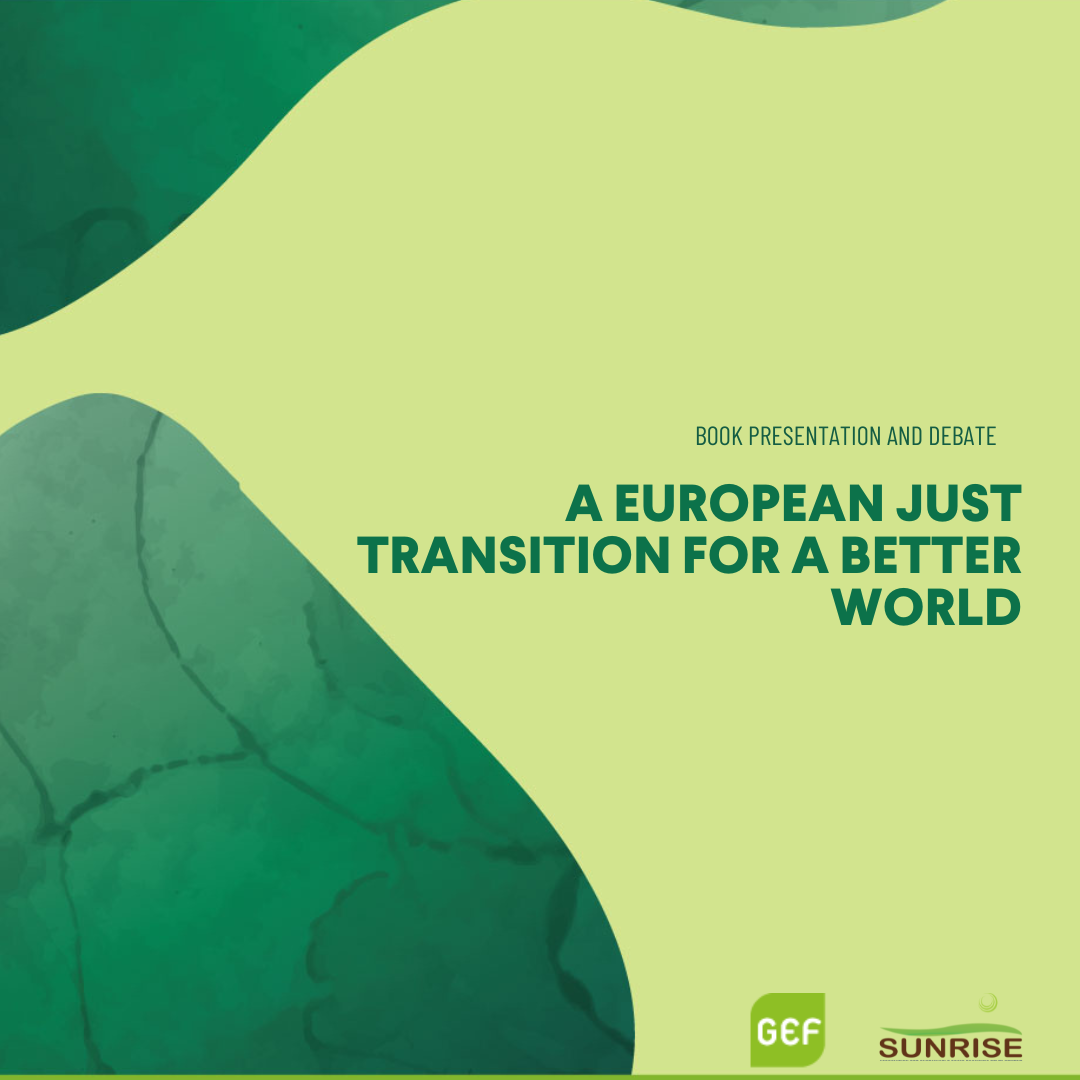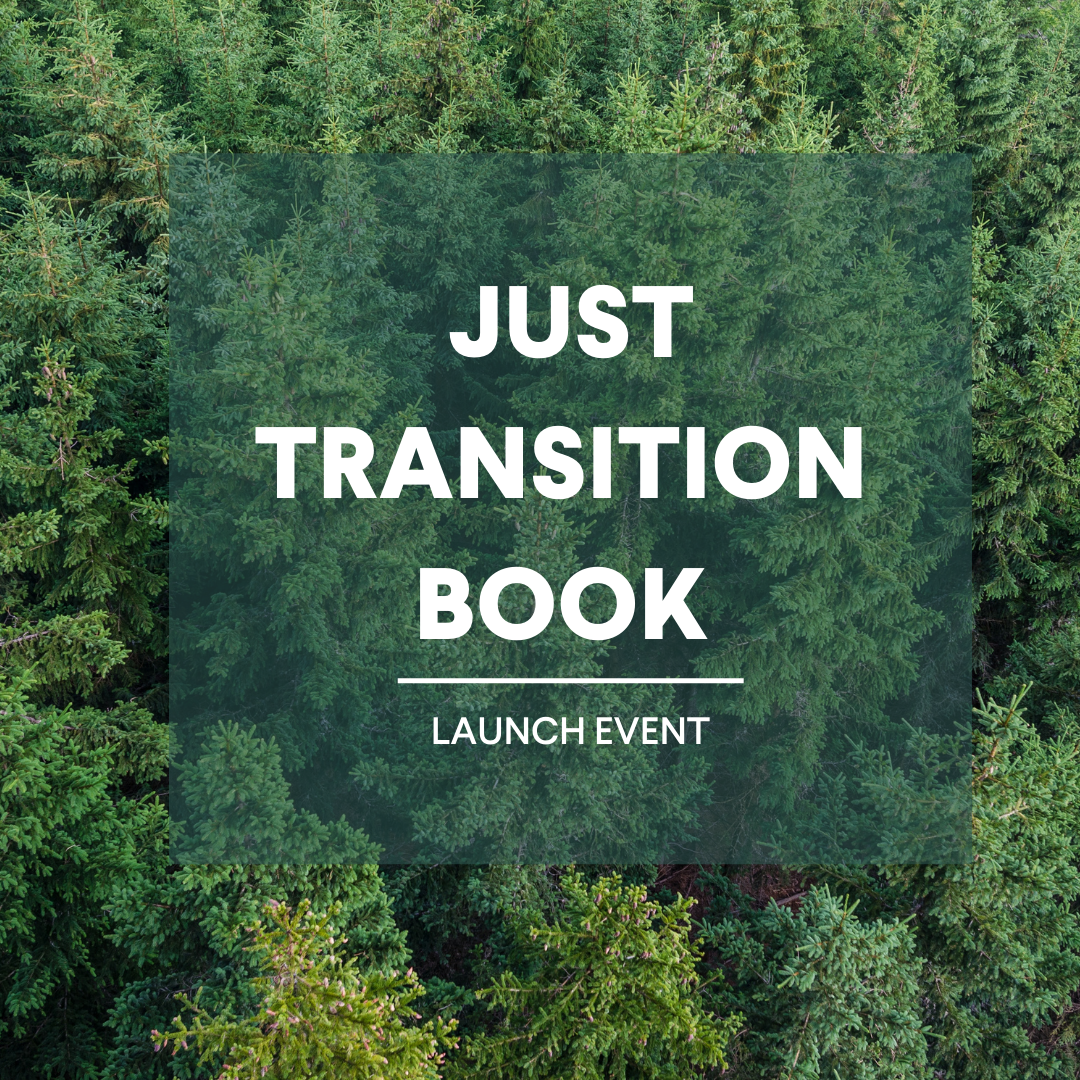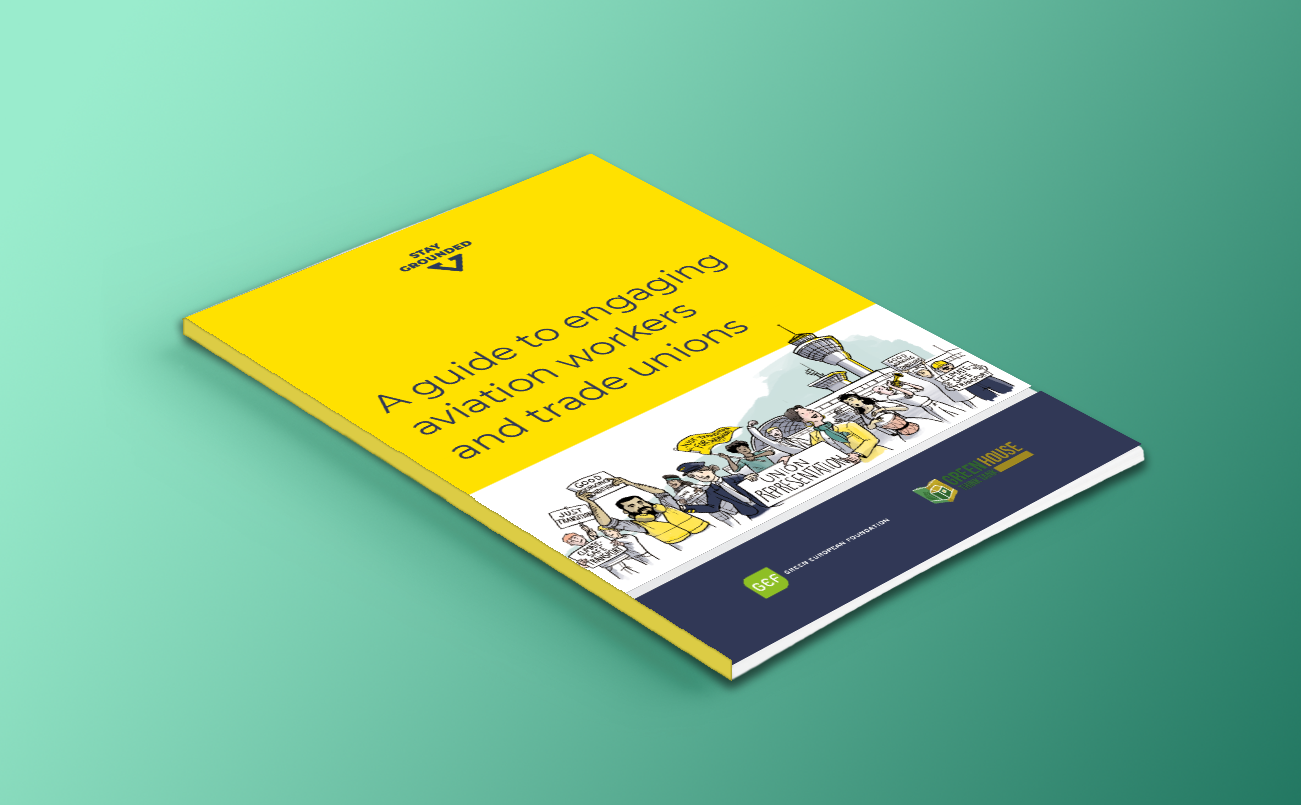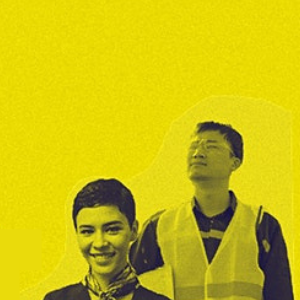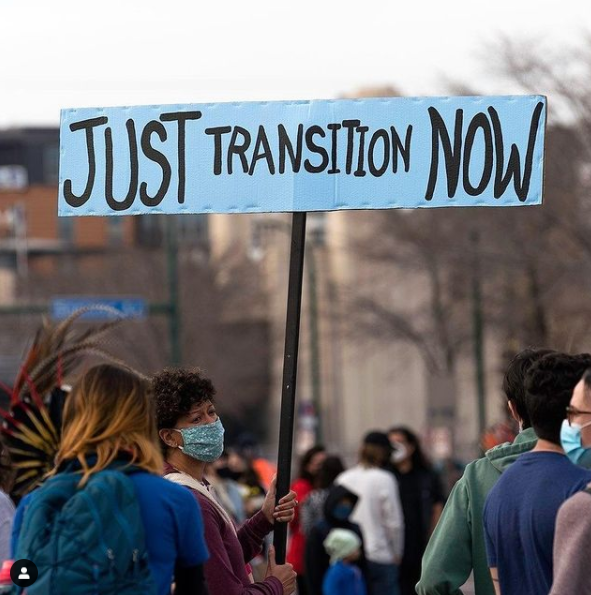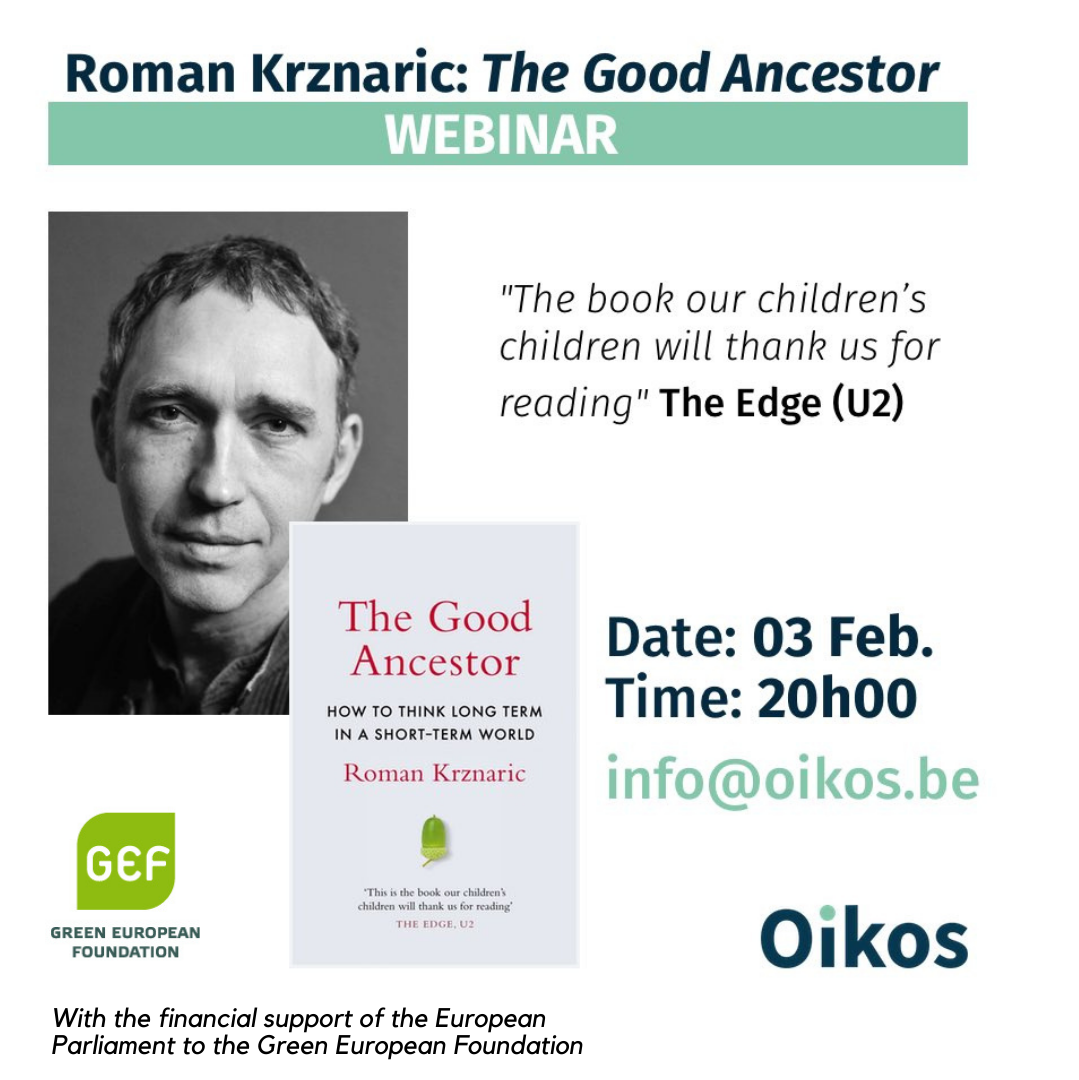
About the event
The term “degrowth” often causes panic among mainstream opinion makers and many economists in Europe. Economic growth is the lubricant of capitalism. We are told that if the economy is growing, all is well. But what do we mean by growth? Should everything keep growing endlessly? The ecological crisis shows that infinite growth on a finite planet is impossible. Meanwhile, the current economic system fails to secure livelihoods and deepens inequalities. There is an alternative to this self-destructive system: an economy of enough, which would provide for everyone’s basic needs while tackling greed and overconsumption.
The EU has the potential to lead the ecological transition. Although the Green Deal was a significant step forward, it remains locked within a growth-addicted economy with a core principle of competition in a single market, and it does not sufficiently address social inequality. We need to imagine a different European economy, rooted in a new paradigm, before we can build it.
This is why the Green European Foundation is launching “Enough: Thriving Societies Beyond Growth”. Written by Dirk Holemans, Lara Ferrante, and Elze Vermaas, this essay explores how societies can thrive without depending on economic growth. It presents a compelling vision of fewer private jets, less inequality, fewer burnouts, and reduced waste, alongside more quality of life, more time for each other, more sustainable products, and a healthier planet. In other words, a good life for everyone within the planet’s limits. This essay gives us the keys to imagine a different Europe.
This book launch is part of GEF’s focus on the Green Deal for All. It builds on research and events in 2023 that sought to explore how we can strengthen the social dimension of the EGD and what novel ideas and policy proposals can help us look even further, to future-proof ideas for thriving societies within planetary boundaries.
Speakers
- Ben Eersels – Executive Director at G1000
- Sibo Rugwiza Kanobana – lecturer in sociolinguistics and postcolonial studies at Ghent University & author of Witte Orde
- Martine Delsemme – co-operator of Brussels based co-operative supermarket Bees Coop
- Rebekka Eschauzier – climate activist extinction rebellion
- Lara Ferrante – Enough co-author
- Elze Vermaas – Enough co-author
Moderated by Dirk Holemans (Oikos, Enough co-author)
Programme
19h30: Doors open
20h-21h30: Start of the event, presentation and discussion around the book
21h30: Networking drinks
Practicalities
Date and Time: 21 June 2024, 20h-21h30 (doors open at 19h30, bar opens at 21h30)
Location: De Buren, Leopoldstraat 6, 1000 Brussels
Language: English
Registration: This event is free and open to all, but please register in advance here to help us keep track of expected participant numbers.
This book launch is organised by the Green European Foundation with the support of Oikos and the financial support of the European Parliament to the Green European Foundation.

